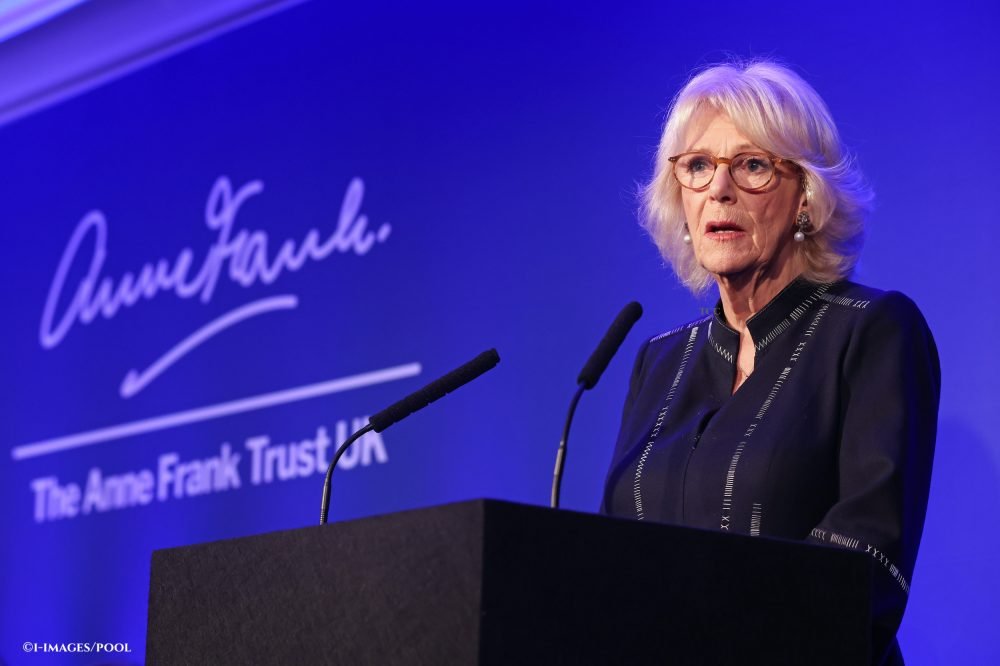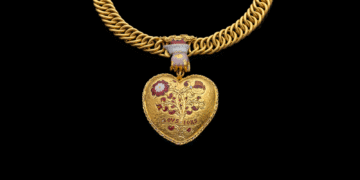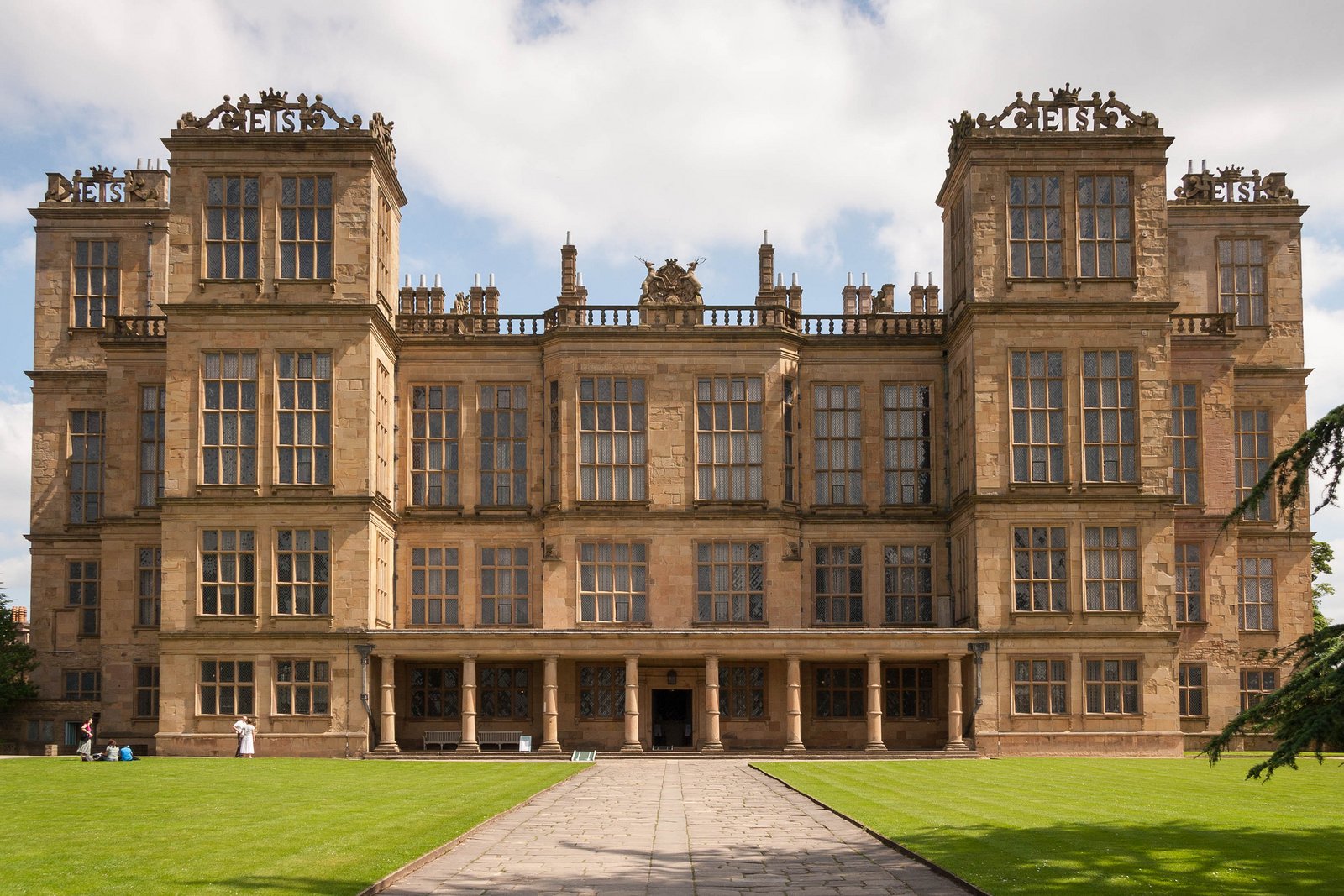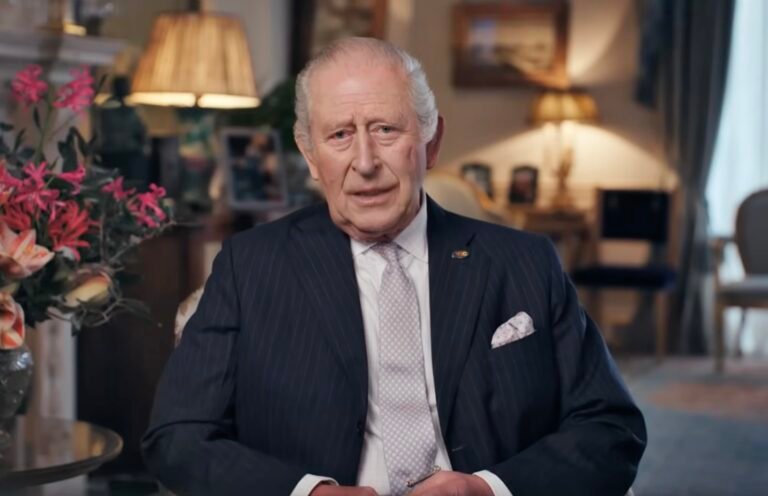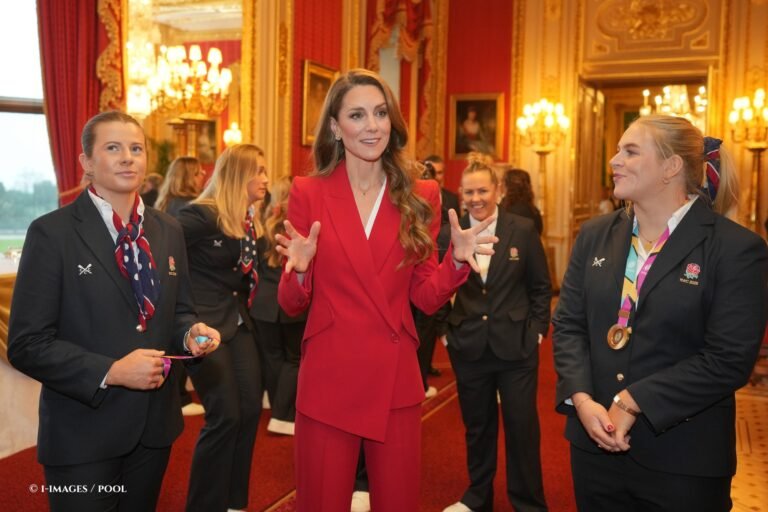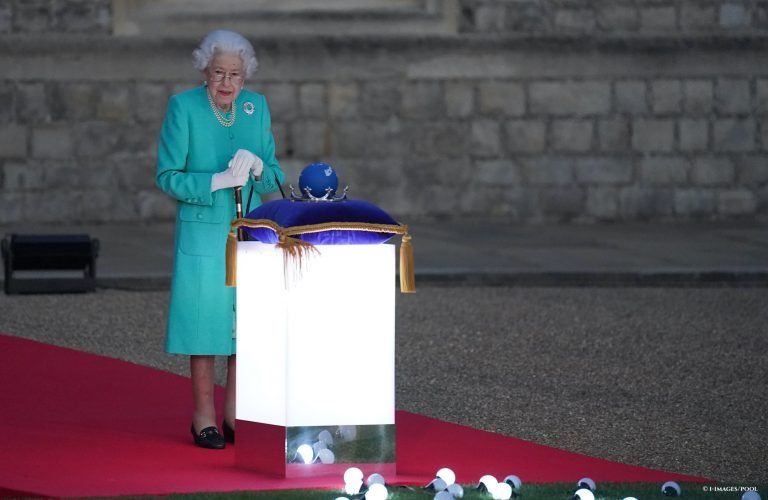Queen Camilla has become the first Royal Patron of the Anne Frank Trust UK.
As we approach Holocaust Memorial Day tomorrow, Her Majesty has chosen to support the trust to raise its profile and support its work in helping children aged 9-15 to ‘challenge all forms of prejudice’.
The organisation said it was ‘deeply honoured’ to receive Camilla’s support and noted that Anne Frank herself had taken a keen interest in the Royal Family.

Nicola Cobbold, Chair of the Anne Frank Trust, said: ‘On the eve of Holocaust Memorial Day, the profound honour of Royal Patronage emphasises the importance of Holocaust remembrance and anti-prejudice education.
‘Her Majesty’s interest in young people and in reading is well known and long-standing. As a youth charity whose key educational tool is a beloved book, Anne Frank’s Diary, we could not be more delighted to have Her Majesty as our Patron.’
The Queen has previously engaged with the Trust when she was a Guest of Honour at the Trust’s Annual Lunch in 2022, which marked Holocaust Memorial Day and the 75th anniversary of the publication of Anne Frank’s Diary.
The Trust was set up as an education charity, to empower young people to challenge all forms of prejudice through learning about Anne Frank and the Holocaust. Anne was one of the six million Jews murdered in the Holocaust, and her age helps act as a conduit for this learning.
Before being arrested, Anne and her family hid for over two years in a secret apartment in Nazi-occupied Amsterdam. While in hiding Anne wrote her diary, which was published in 1947 and has since sold 35 million copies worldwide.

‘What this confirms, too,’ Cobbold added, ‘is The Queen’s deep commitment to commemorating the six million Jews murdered by the Nazis and to overcoming prejudice today. The devastating events in Israel and Gaza have led to unprecedented levels of antisemitism here in Britain, as well as a significant rise in Islamophobia. Her Majesty’s support could not be more timely as we all work to challenge hatred and build social cohesion at this critical time.’
Addressing guests at the 2022 lunch, the Duchess of Cornwall said that she ‘first read Anne’s diary at about the same age as she was when she started her harrowing memoire’.
‘Anne had an exceptional gift with words. She had seen their power to promote great evil, but also recognised their ability to offer comfort, meaning and hope. And, as a writer, she, posthumously, achieved everything she aspired to.’
During the event, Camilla highlighted ‘let us learn from those who bore witness to the horrors of the Holocaust, and all subsequent genocides, and commit ourselves to keeping their stories alive, so that each generation will be ready to tackle hatred in any of its terrible forms. And let us carry with us the words and wisdom Anne Frank (a child of only 14 years old) wrote on 7th May 1944: “What is done cannot be undone, but at least one can prevent it from happening again”.
‘Anne’s story is, of course, one of six million. Six million stories that need also to be told, heard and remembered to honour those lives that were lost; and to force us to understand the consequences of extreme hatred.’
After a wonderful and moving presentation, our Young Ambassadors get a chance to talk with HRH about the work they have done and why #HolocaustMemorialDay is so important#AnneFrankOneDay @ClarenceHouse
@ClarenceHouse@BrinsworthAcad1, @OaksParkHighSch and @Grove_Academy pic.twitter.com/l85jT09vo8
— Anne Frank Trust (@AnneFrankTrust) January 20, 2022
Eva Clarke BEM, Holocaust survivor, said of the appointment: ‘I have worked with The Anne Frank Trust over many years and am absolutely delighted The Queen is becoming its Royal Patron. I tell the story of my family’s experience of the Holocaust to audiences across the country and occasionally abroad because I feel it is so important to keep the memory of the Holocaust alive and to do everything possible to counteract antisemitism and any form of racism and prejudice.
‘In my opinion, no one can identify with six million, but everyone can identify with one family. Survivors help to make the history come alive and in my case, particularly the Dutch members of my family, some of whom perished, but some survived.’

